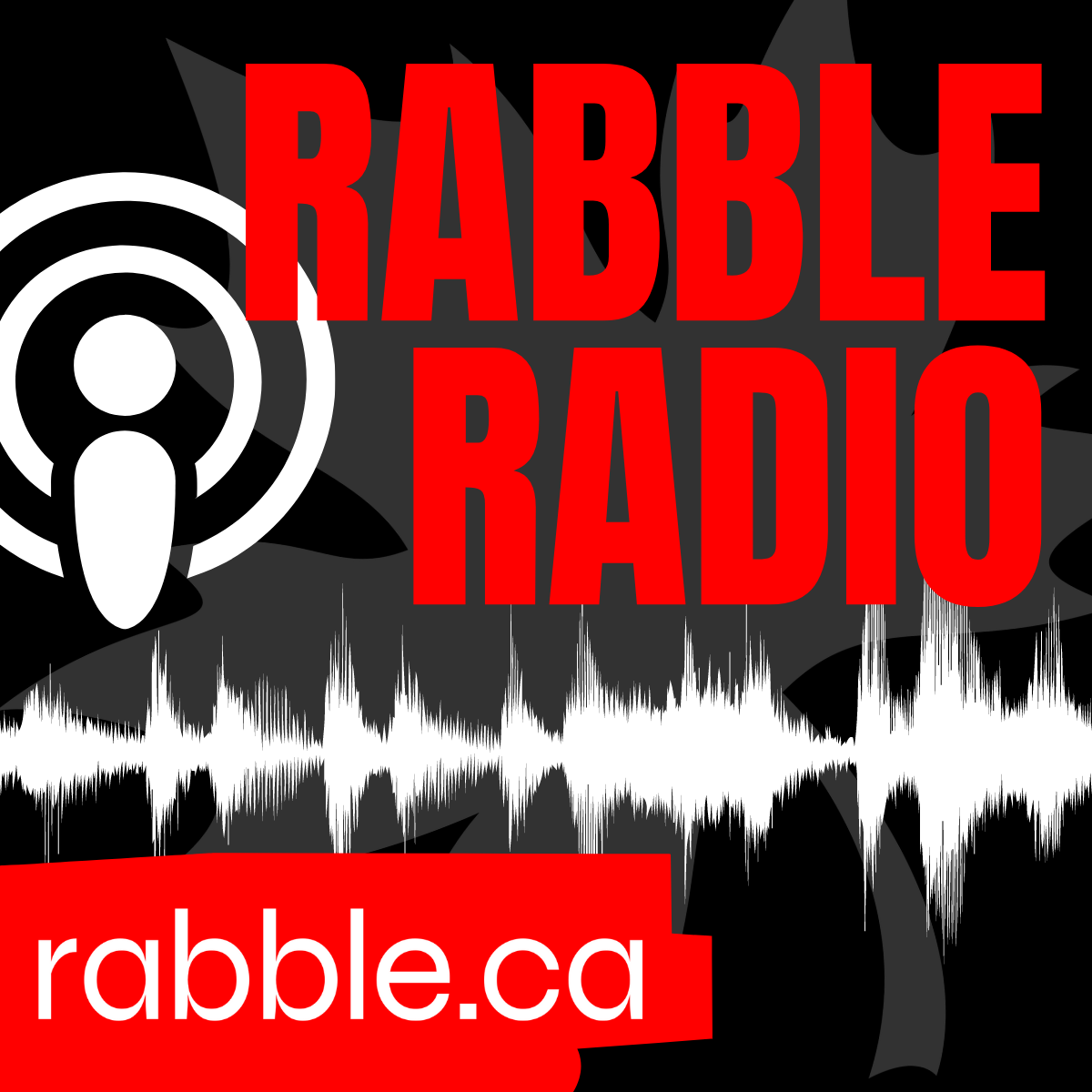2011 has been a very eventful year for activists, community organizers, and progressives. First we had the Arab Spring, Canada’s NDP leader Jack Layton died after a long battle with cancer, then the Occupy movement grew into a global phenomenon. Japan faced an earthquake, tsunami, and a disabled and damaged nuclear plant.
Abousfian Abdelrazik was finally taken off the United Nations list of terror suspects, the Canadian government came under fire again for the terrible conditions in First Nations communities, and the Canadian Boat To Gaza did its best to make its way to its destination. In this episode of rabble radio, we’ll look back over the year.
This year was also rabble.ca’s 10th year as the go-to independent media website in Canada. We held a number of events throughout the year, and launched a new series by notable thinkers in Canada called Reinventing Democracy: Reclaiming the Commons. Olivia Nuamah is the current director of the Atkinson Roundation, which provided start-up money for rabble.ca. She was part of a panel discussion we held in Toronto to celebrate our decade online. When she took the mic, she gave rabble a challenge for the years ahead. Here’s what she had to say.
One of the big news stories during this year’s federal election was the Orange Crush, which made the NDP the official opposition in Canada’s Parliament for the first time in history. The jubilation over that advance was soon overshadowed by the death of party leader Jack Layton. rabble.ca was at the state funeral, and spoke with some of the mourners who attended. Here is some of what they had to say, remembering Jack Layton.
The year began with uprisings in Egypt and across the Arab world. Nahla Abdo is an Arab-Canadian feminist. She was kind enough to share her thoughts on the uprising and women’s role in it. Here’s what she had to say.
Jase Tanner is a filmmaker and activist with Code Pink on his way to Gaza via Egypt when the demonstrations began. We caught up with him there.
While all that was happening in Tahrir square, here at home, conditions at remote First Nations were as normal. That is, not great. By this winter, leaders in Pikangikum and Attawapiskat had appealed publicly for help from the government. Joanne Dallaire is a respected elder and educator, and she has some ideas about how Canada could improve conditions on reserves They involve you and I. Here’s what she had to say in an interview this fall.
Japanese Canadians rallied to send help to the thousands upon thousands who were affected by the earthquake, tsunami, and accompanying nuclear emergency that engulfed the country in the spring of this year. As the crisis developed, rabble.ca’s redeye podcast checked in with Gordon Edwards, head of the Canadian coalition for nuclear responsibility. Here’s part of an interview with Edwards, after revelations that Japan had not issued warnings to schools affected by radiation from the plant led to protests from Japanese citizens.
The Occupy movement started in the summer in NYC, and by summer it had spread to streets and parks across North America and Europe. The Occupiers took on a wide range of causes, but in general, protests focused on issues of income disparity and housing for the 99 per cent of people struggling in today’s economy. Despite the fact that cities eventually tore down the occupy encampments, the movement is continuing. At McMaster University, Occupy has moved to the student centre. The progressive voices podcast featured the Occupy movement there in their last podcast. Here’s a sample.
We’ve featured a lot of music this year on the network. We started the show by playing a segment of a duet for Abousfian Abdelrazik. It was composed as part of a project to support his return to Canada and his removal from the UN list of terror suspects. Another musical development this year was that Raffi composed a number of songs to inspire and energize political activism in Canada. We’re going to finish this year-end rabble radio with the song he composed for the Occupy movement. Here is “No wall too tall.”



